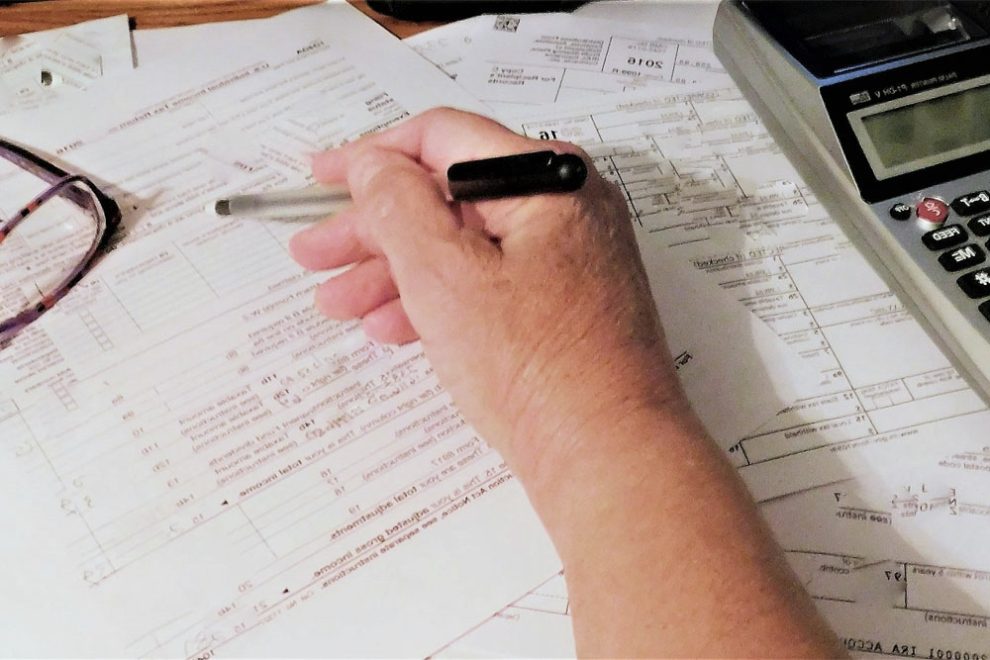Estate Planning When You’re Elderly or Sick
It is now time to take solid steps in establishing an estate plan. It’s also a wise to think about what might happen prior to your passing, should you become unable to manage your own affairs or would simply welcome some assistance from a trusted relative or friend. Create Your Will If you are without…










